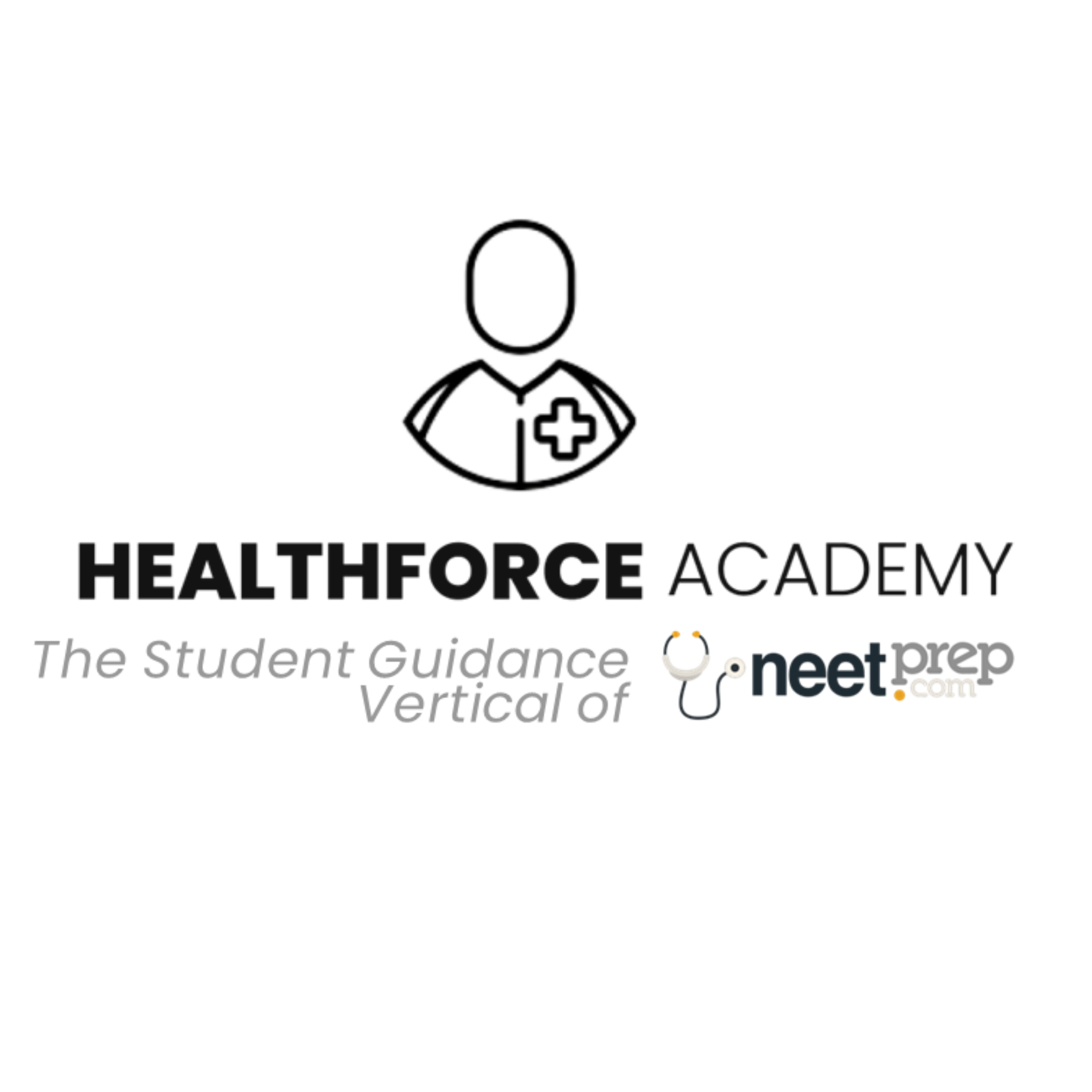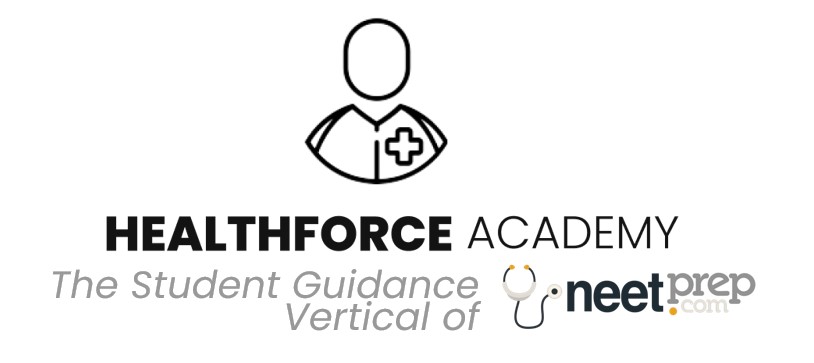Nursing
December 22, 2023 2023-12-23 5:29Nursing
Nursing
1.What do they do?
Nurses play a critical role in the healthcare system, providing essential care, support, and advocacy for patients across various medical settings. Their responsibilities encompass a wide range of tasks and can vary depending on their education, specialization, and the specific healthcare environment in which they work. Here is an overview of what nurses do:
- One of the fundamental roles of a nurse is to provide direct care to patients. They assess patients’ physical and emotional conditions, perform routine examinations, and collect health histories.
- Nurses are responsible for administering medications to patients as prescribed by physicians. They must ensure the correct dosage, timing, and route of administration, as well as monitor and document the patient’s response to the medication.
- Nurses closely monitor patients’ conditions throughout their shift. This includes observing for any changes in vital signs, symptoms, or adverse reactions to treatment, and promptly reporting these to the healthcare team.
- Nurses act as health educators, providing patients and their families with information about their condition, treatment plans, and self-care practices. They ensure patients understand their diagnoses and empower them to make informed decisions about their healthcare.
- Nurses serve as advocates for their patients, ensuring that their needs and preferences are communicated to the healthcare team. They also advocate for patient safety and rights.
- Accurate and thorough record-keeping is crucial in healthcare. Nurses maintain patient records, including charts and electronic health records, to track a patient’s progress and assist in providing continuity of care.
- Nurses work closely with other healthcare professionals, such as physicians, nurse practitioners, therapists, and aides, to develop and implement patient care plans.
2. Why take this career?
Choosing a career in nursing is a decision that can be motivated by various personal and professional factors. Here are some compelling reasons why individuals might choose a career in nursing:
- Passion for Helping Others: Many individuals are drawn to nursing because of a deep desire to make a positive impact on people’s lives. Nursing allows you to provide direct care and support to patients during their times of need.
- Job Stability: Nursing is a profession with a strong demand for skilled professionals. The healthcare industry consistently requires nurses to provide essential care, which offers job security and opportunities for career growth.
- Diverse Career Opportunities: Nursing is a versatile field with a wide range of specialties and settings to choose from. Whether you prefer working with children, the elderly, in a hospital, clinic, or even in research, nursing offers diverse career paths.
- Emotional and Intellectual Fulfilment: Nursing is a mentally stimulating and emotionally rewarding profession. It challenges you to think critically, problem-solve, and adapt to changing patient needs.
- Continuous Learning: The field of healthcare is always evolving, and nursing requires ongoing education to stay current with the latest medical advancements and best practices. This commitment to learning can be intellectually fulfilling.
- Financial Reward: Nursing offers competitive salaries and the potential for advancement with higher education and specialization. It provides financial stability for many individuals.
- Work-Life Balance: Nursing schedules can vary, allowing for flexibility and work-life balance. Part-time, full-time, and shift work options cater to various lifestyles.
- Personal Growth: Nursing encourages personal growth and development. You’ll build skills in communication, empathy, and adaptability, which can be applied in various aspects of life.
- Global Opportunities: Nursing is a globally recognized profession. Qualified nurses often have the opportunity to work internationally, contributing to healthcare in different parts of the world.
3. What an average day at the job is like?
An average day on the job for a nurse can vary significantly based on the specific nursing role, the healthcare setting, and the nurse’s area of specialization.
- Nurses typically begin their day by conducting patient assessments. This involves checking each patient’s vital signs (blood pressure, heart rate, temperature, etc.), assessing their physical condition, and evaluating their mental and emotional state.
- Nurses administer prescribed medications to patients, carefully following the medication schedule and ensuring the correct dosages. They also document the administration in patient records.
- Nurses conduct patient rounds, visiting each patient to address their needs and concerns. They may also assess wounds, change dressings, and provide basic medical care.
- Nurses collaborate with other members of the healthcare team, including physicians, nurse practitioners, therapists, and aides. They discuss patient progress, update care plans, and ensure that the treatment is consistent with medical orders.
- Nurses take time to educate patients and their families about their conditions, treatment plans, and self-care practices. They answer questions, provide emotional support, and empower patients to participate in their own healthcare decisions.
- Accurate record-keeping is crucial. Nurses document patient assessments, medications administered, changes in condition, and other relevant information in electronic health records.
- Depending on their specialization, nurses may have additional responsibilities. For example, a pediatric nurse might focus on child-specific care, while an ICU nurse would handle critically ill patients.
- Many nurses dedicate time to ongoing education, attending workshops or training sessions to stay up-to-date with the latest medical practices and technologies.
4. Knowledge and skills needed to succeed?
- Critical Thinking: Nurses need strong critical thinking skills to make quick decisions, prioritize patient needs, and respond to emergencies.
- Problem-Solving: The capacity to identify and solve problems related to patient care, treatment plans, and healthcare processes.
- Empathy and Compassion: The ability to show empathy and compassion towards patients, particularly during times of illness, pain, or distress.
- Adaptability: Nurses must adapt to changing situations, patient needs, and unforeseen challenges in the healthcare environment.
- Time Management: Efficiently managing time and prioritizing tasks is essential for delivering care to multiple patients.
- Teamwork: Effective collaboration with healthcare colleagues, including physicians, therapists, and aides, to provide comprehensive care.
- Patient Education: The skill to convey complex medical information in an understandable and supportive manner to patients and their families.
- Attention to Detail: Precise documentation and attention to detail are crucial for patient records and medication administration.
- Stress Management: Nurses often work in high-stress environments and need skills to manage stress effectively.
- Technical Proficiency: Proficiency in using medical equipment and technology, such as intravenous pumps and electronic health records.
- Advocacy: Advocating for patients’ needs and ensuring their rights are respected within the healthcare system.
5. What can you earn
Earnings in the field of nursing can vary significantly depending on a range of factors. The specific salary a nurse can expect to earn is influenced by considerations such as geographic location, level of education, specialization, years of experience, and the type of healthcare facility in which they work. For instance, a Licensed Practical Nurse (L.P.N.) typically earns a median annual salary of approximately $48,070, while a Registered Nurse (R.N.) with an associate degree or a bachelor’s degree may have a median salary of around $78,000.
6. Courses you can do to take up the career.
There are several types of nursing programs to choose from:
- Licensed Practical Nurse (LPN) or Licensed Vocational Nurse (LVN): These programs typically take about one year to complete and result in a diploma or certificate.
- Associate Degree in Nursing (ADN): ADN programs usually take two years to complete and result in an Associate of Science in Nursing (ASN) degree.
- Bachelor of Science in Nursing (BSN): BSN programs typically take four years to complete and result in a Bachelor of Science in Nursing degree. BSN graduates often have more job opportunities and career advancement options.
- Accelerated BSN Programs: These are designed for individuals who already have a bachelor’s degree in another field and want to become nurses. They typically take 12-18 months to complete.


